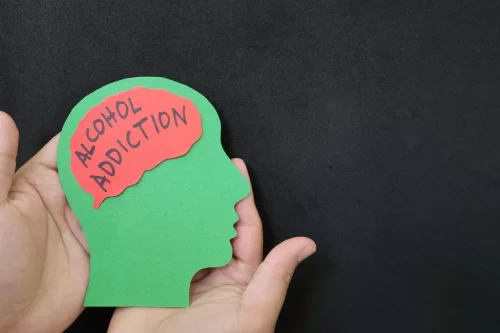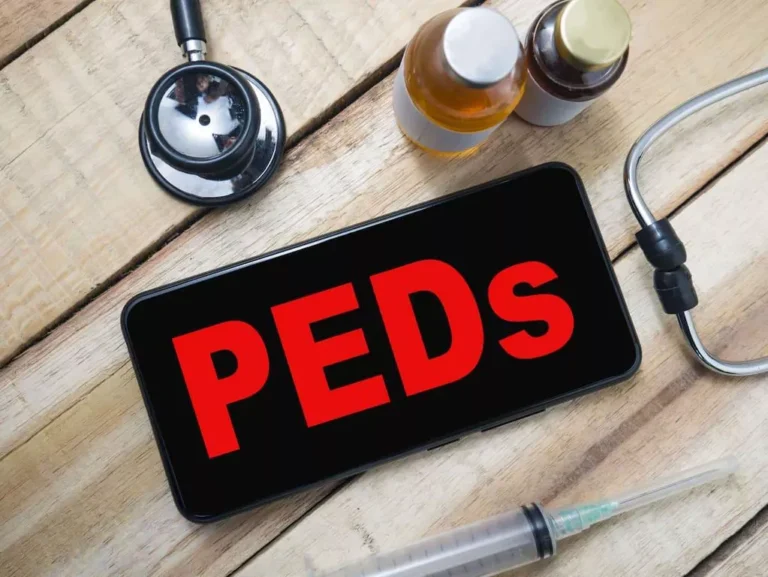
In the most serious of cases, the long-term effects of using dissociative drugs, in particular, may include suicidal thoughts. Some cultures use psychedelics for religious and spiritual practices. People also use psychedelics for recreational purposes, although many psychedelic substances are controlled and illegal in the United States. Hallucinogen dependence is a separate category to HUD, based on generic substance use dependence criteria, several of which do not apply to hallucinogens. Withdrawal symptoms and signs are not established for hallucinogens, and so this criterion is not included.
Find More Resources on Psychedelic and Dissociative Drugs as Medicine
A frenzy of interest has captivated a new generation of researchers, aficionados and investors, triggering some understandable wariness over promises that may sound a little too good to be true. But late last year the highly respected institution Johns Hopkins University—the U.S.’s oldest research university—launched a dedicated center for psychedelic studies, the first of its kind in the country and perhaps the world’s largest. With work now https://ecosoberhouse.com/ underway, the center is aiming to enforce the strictest standards of scientific rigor on a field that many feel has veered uncomfortably close to mysticism and that has relied heavily on subjective reports. Early results have been promising and seem poised to keep the research on a roll. There are different reasons why people choose to take psychedelics. Recreational use is often linked to the mind-altering effects these substances have.

Addiction Awareness: Recognizing Signs, Understanding Impacts, and Finding Support

“The clinical trials, as it relates to the use of psilocybin for the treatment of depression in, for example, terminally ill patients or severe depression, are very, very interesting,” she adds. This does not mean, however, that psychedelics have no addiction potential. The National Institute on Drug Abuse (NIDA) notes that research has not fully determined whether MDMA might be addictive. Other research has found that some people do experience symptoms of ketamine withdrawal. Some of the perceived harms of psychedelics – for example, that they lead to addiction and are neurotoxic – are largely refuted by research of the past decades.
- Griffiths and some of his colleagues helped revive the field around 2000, when they obtained government approval to give high doses of psilocybin to healthy volunteers.
- This was often related to greater (estimated) dosage, difficulty of the experience and lack of physical comfort and social support – all of which can be controlled under clinical conditions.
- They may also feel uncomfortable in social situations where they experience intense cravings or can’t use the drugs.
Are Magic Mushrooms the Future of Addiction Treatment? – Psychedelic News Roundup
In a cross-sectional study, Doering-Silveira et al. (2005) compared adolescent ayahuasca users with matched non-user controls using a battery of neuropsychological tests and found no neurological deficits in users. DMT induces the proliferation of neural stem cells, migration of neuroblasts and generation of new neurones in the hippocampus of mice leading to improvements in working and recognition memory (Morales-García et al., 2017, 2020). These effects may explain why their therapeutic effects are so long-lasting (Carhart-Harris et al., 2016; Magaraggia et al., 2021) although further human mechanistic studies are required. Adverse patient outcomes were often the result of unethical scientific methods, including restraining patients during the experience and administering high doses of LSD to unprepared, restrained patients (e.g. Smart et al., 1966). With present safety protocols for psychedelic research, such occurrences are significantly less likely, although individual cases of serious adverse effects can and do occur.

- The provider she found in Guatemala gave her double the safe dose, causing Mulligan to go into cardiac arrest.
- These substances induce intense experiences that can be challenging to navigate, particularly without the right preparation, as well as set and setting.
- That could be because those liberal policies might not make it legal to sell psychedelics, he explains.
- However, researchers need to carry out more, and larger, well-designed clinical trials to help medical regulatory agencies decide whether to authorize psychedelics as medical treatments.
This article discusses the characteristics, potential medicinal benefits, and risks of psychedelics. A prevailing public belief about psychedelics is that they are neurotoxic (Presti and Beck, 2001). Intriguingly and in contrast to this idea, Germann (2020) proposes the ‘psilocybin telomere hypothesis’ which states that psilocybin has a positive effect on leucocyte telomere length, which could reduce genetic ageing. In many cases, these earlier studies were refuted and retracted (e.g. Cohen et al., 1967; Dishotsky et al., 1971; Egozcue et al., 1968).

Medical Conditions
Although the Kentucky effort failed, Mulligan says, “it wasn’t for nothing” given all these developments. On a Saturday morning last May, Hubbard walked across a stage in New York City in cowboy boots to address hundreds of attendees at Horizons, the world’s longest-running psychedelics conference. “I’d also are psychedelics addictive ask your conversational forbearance as I get ready to move forward, because English is my second language,” he deadpanned, eliciting laughter from the audience. He points to an open source analysis of publicly available records compiled by Reveille Advisors, a private intelligence firm based in Denver.
What drugs does psychedelic-assisted therapy use?
- It’s not without risks, but for those who’ve tried everything else, it could be a game-changer.
- Walsh, the University of Kentucky professor, for example, earned nearly $50,000 in consulting fees from companies that make buprenorphine and Naloxone in 2016 and 2018, the years for which Reveille could find data.
- That being said, the risk of side effects increases when using psychedelics without medical guidance.
- “Pharmaceutical development would be a common field for industry consultation as so much drug development—including for those who advocate for ibogaine—occurs within the private sector,” he said.
